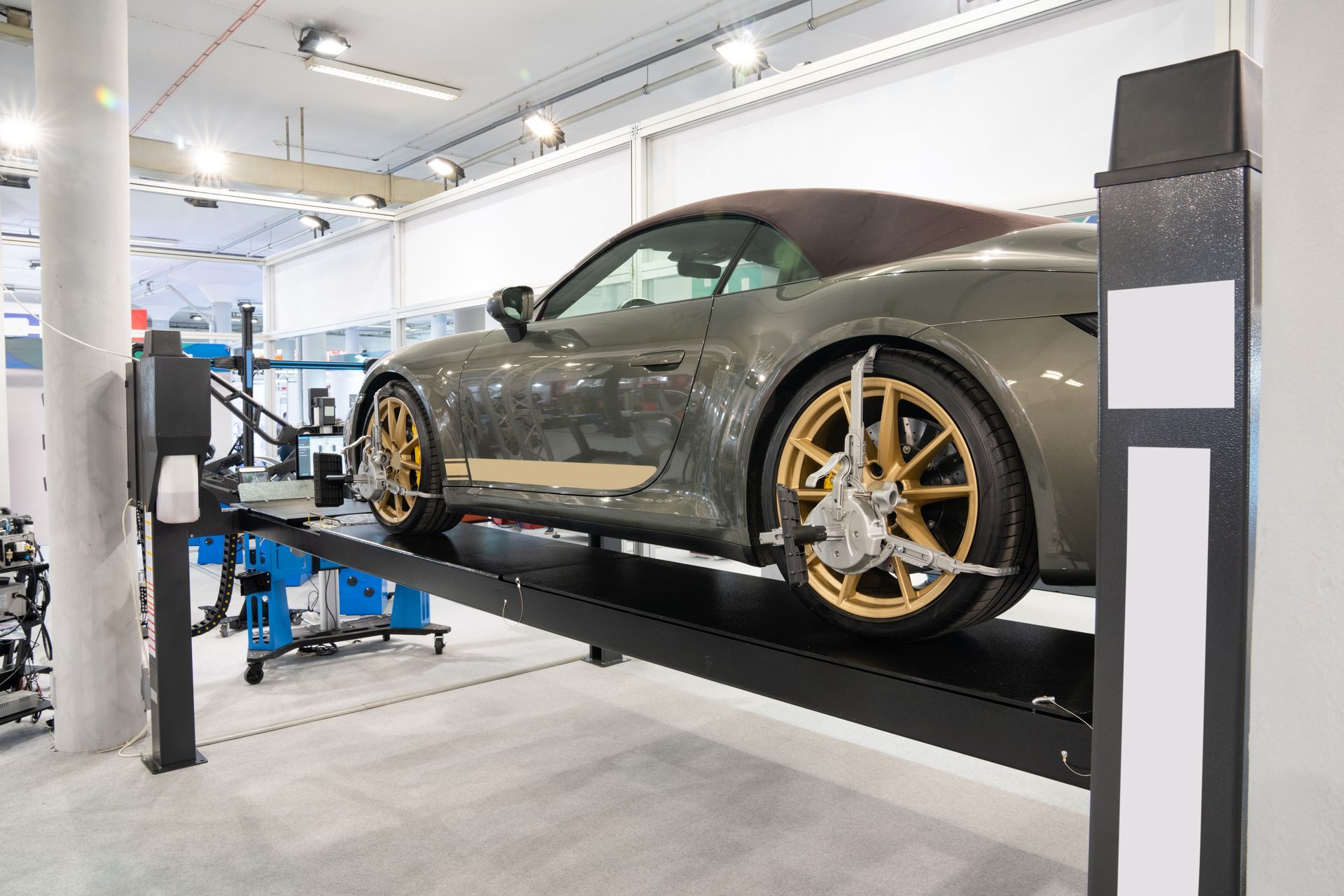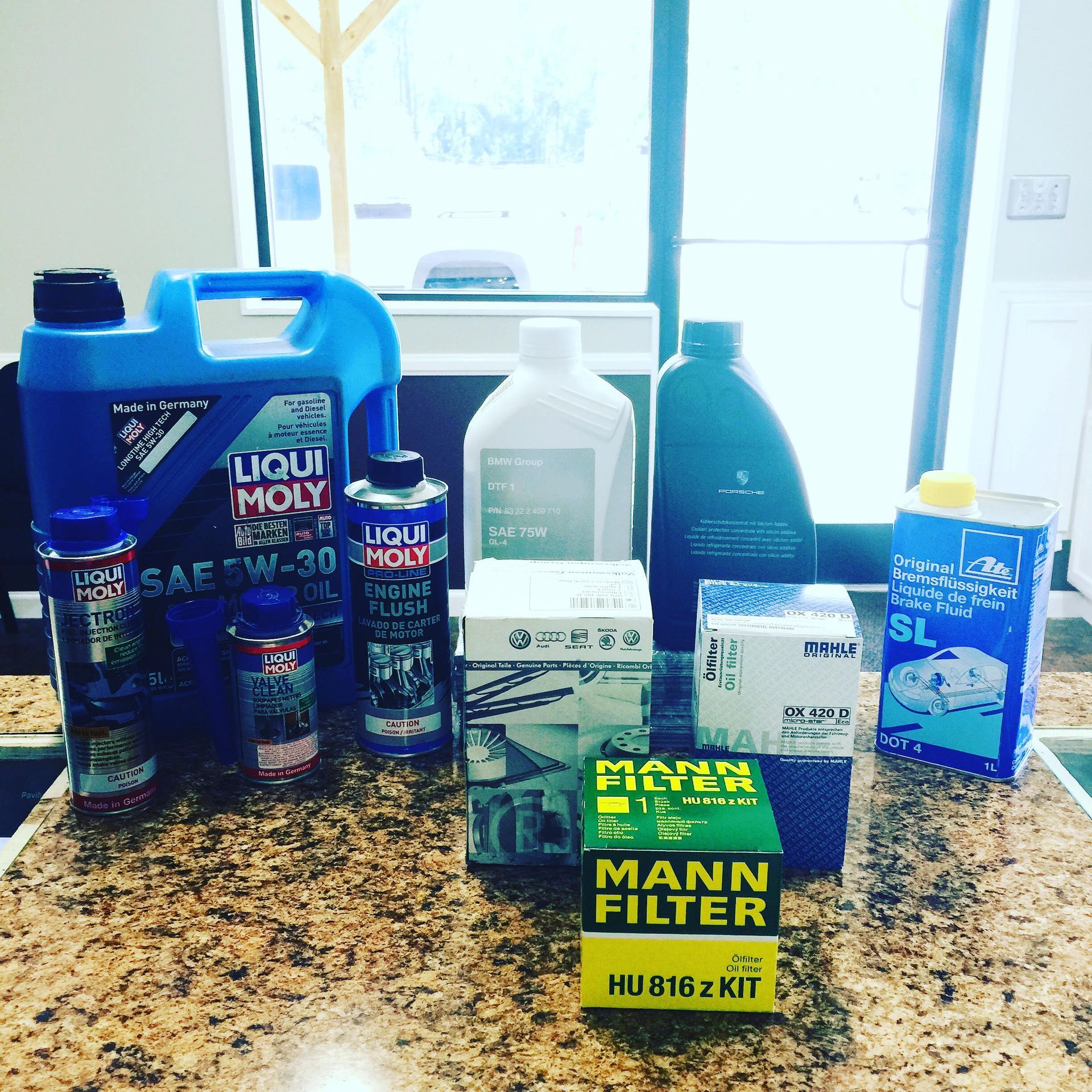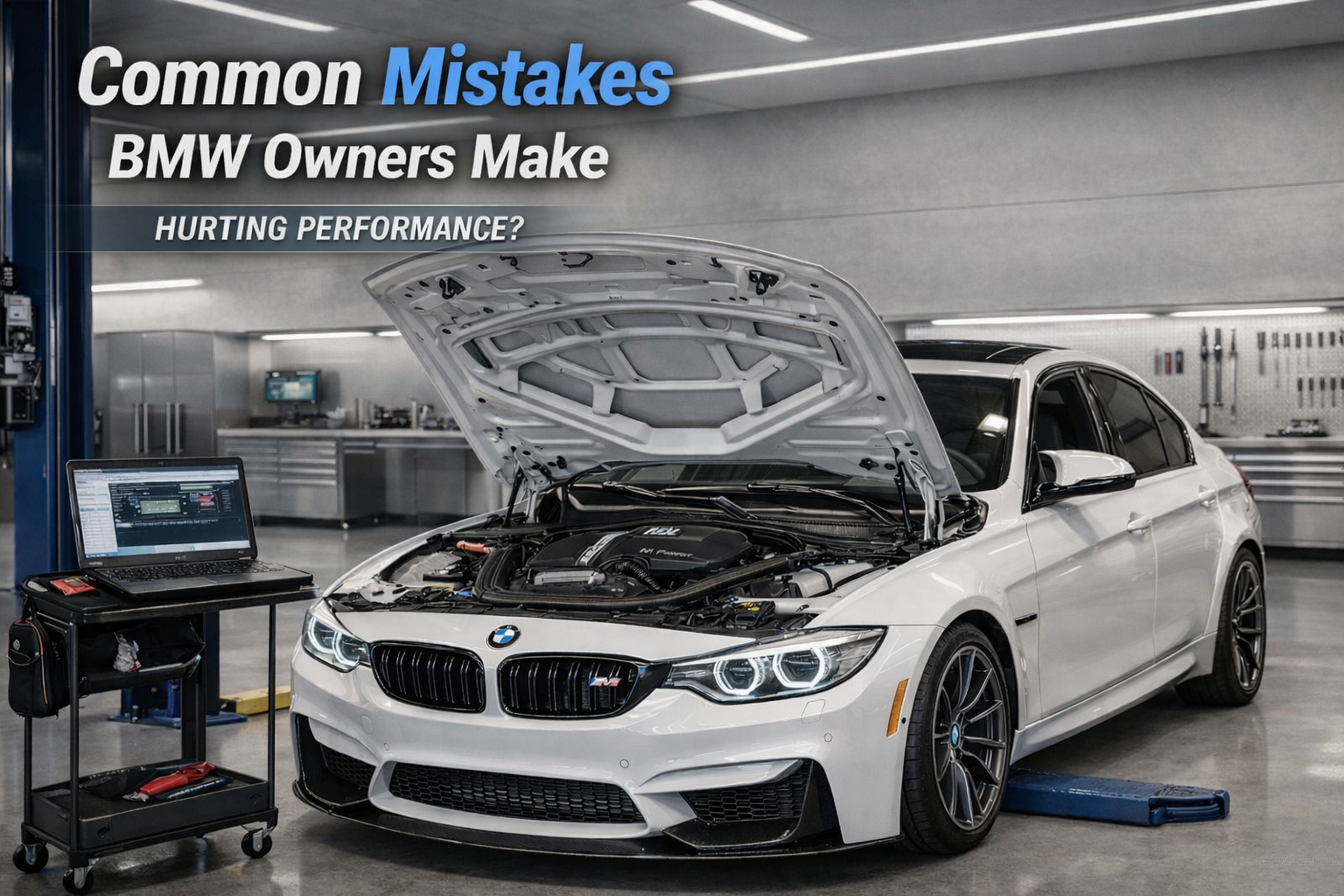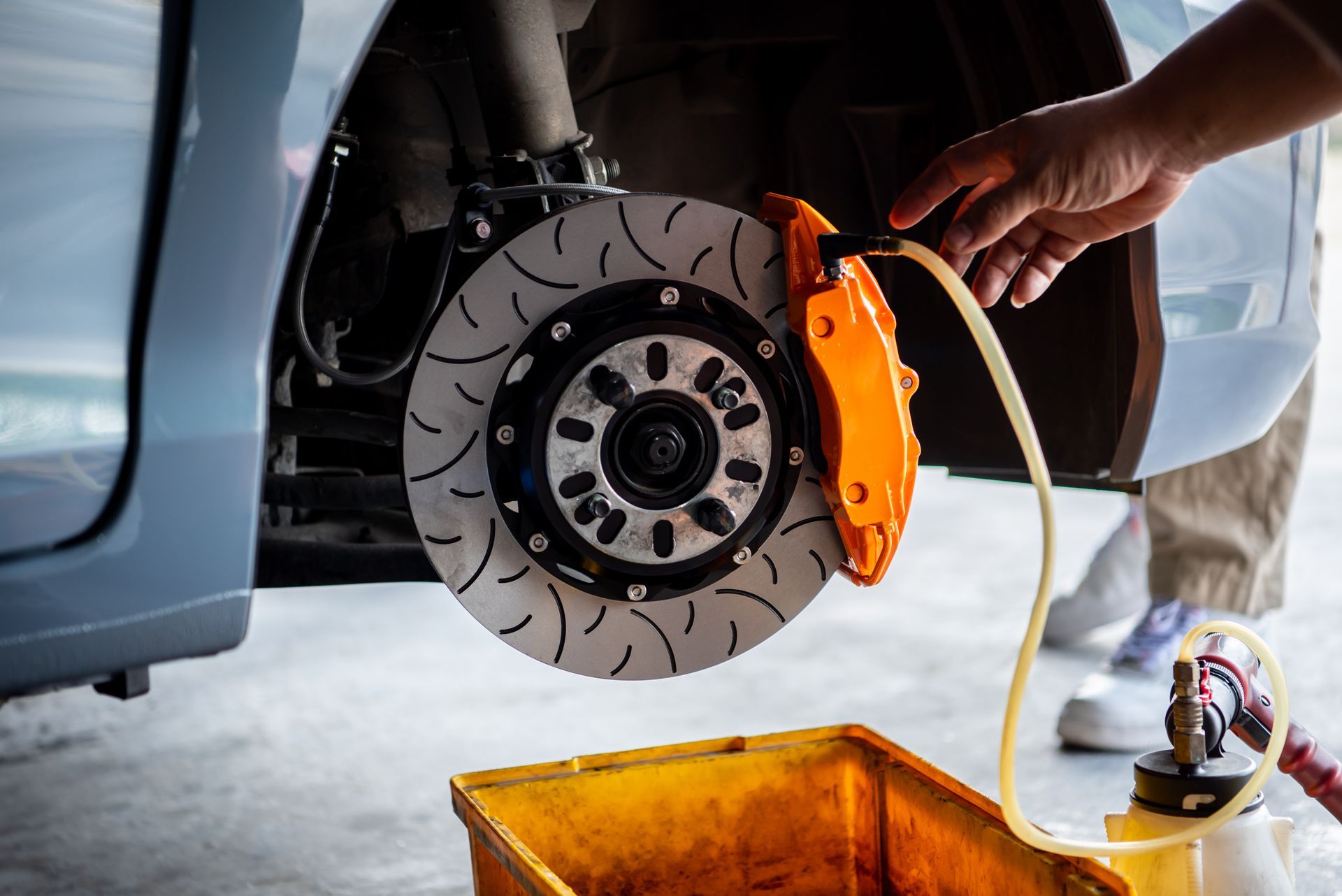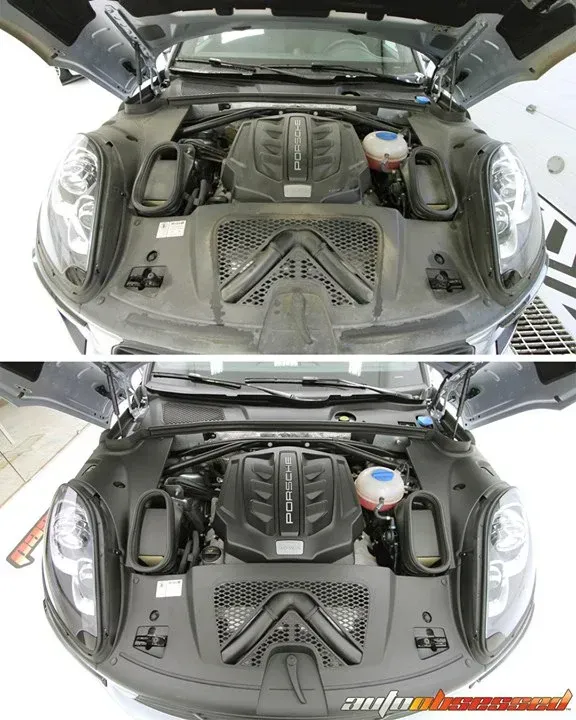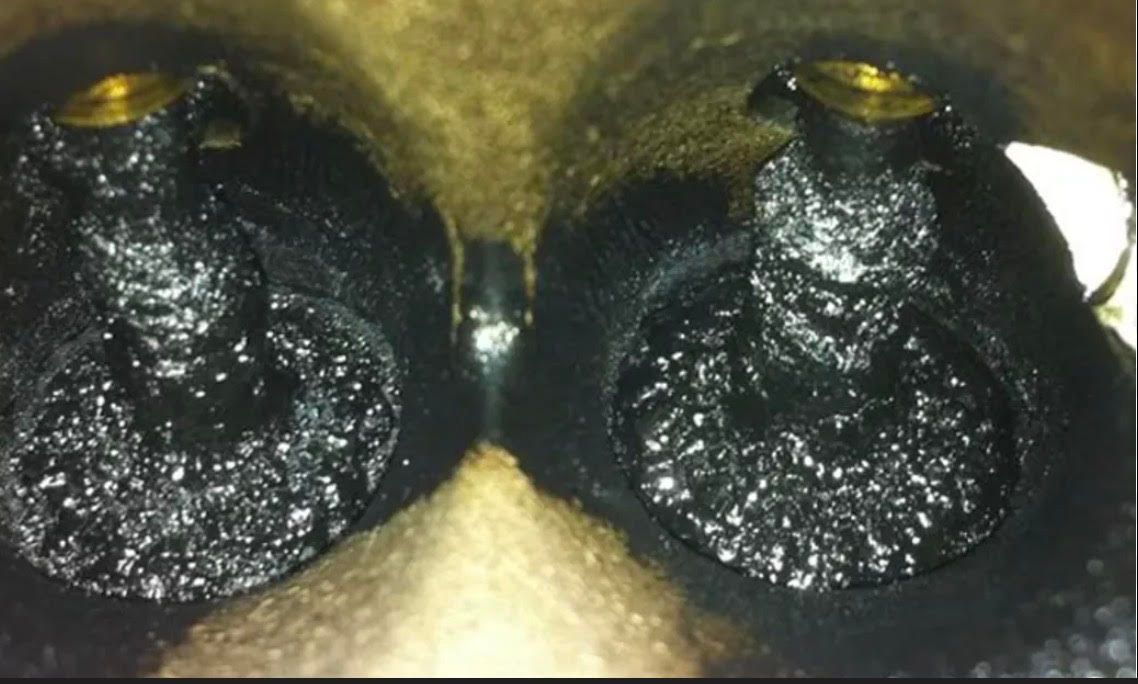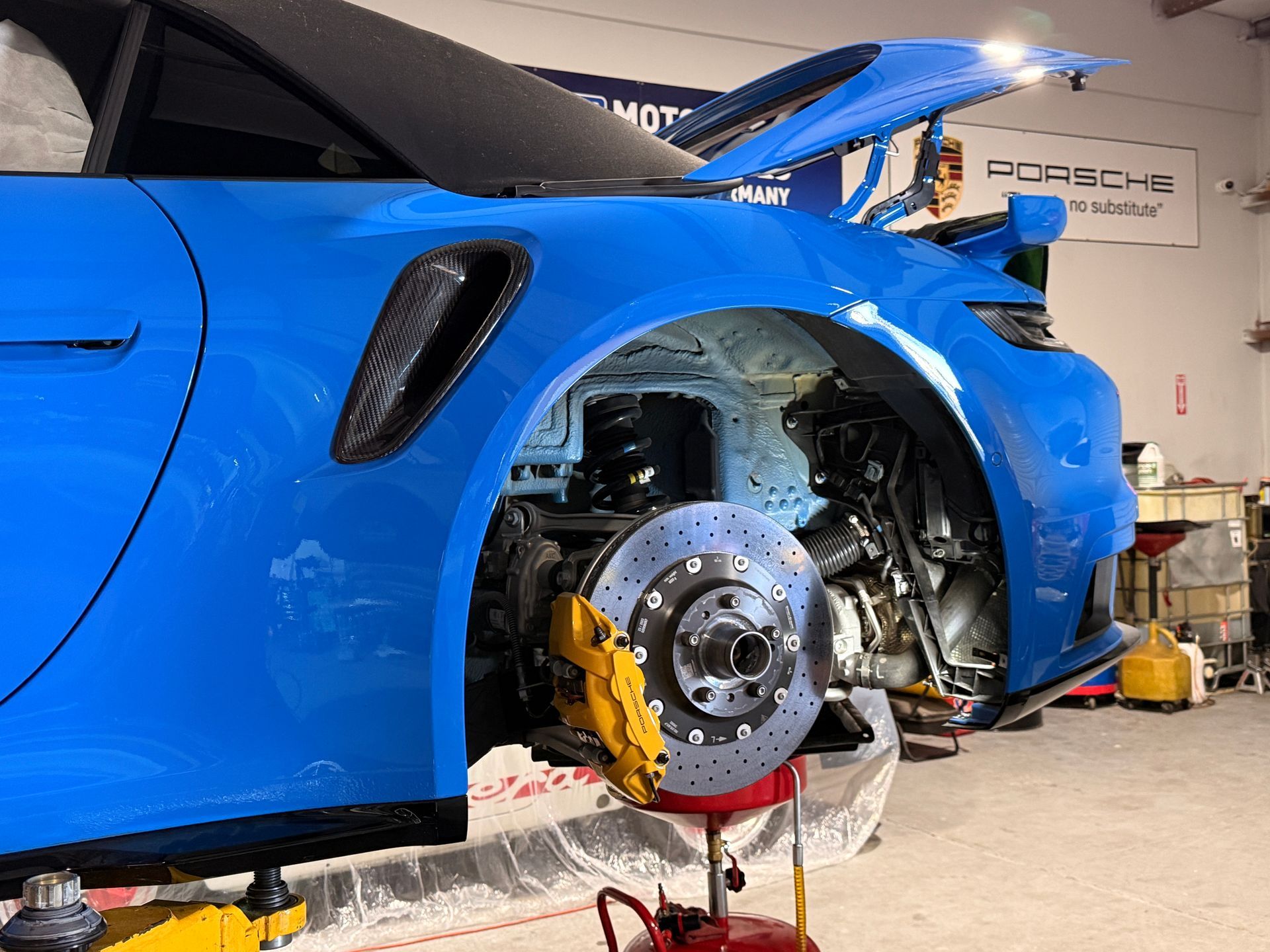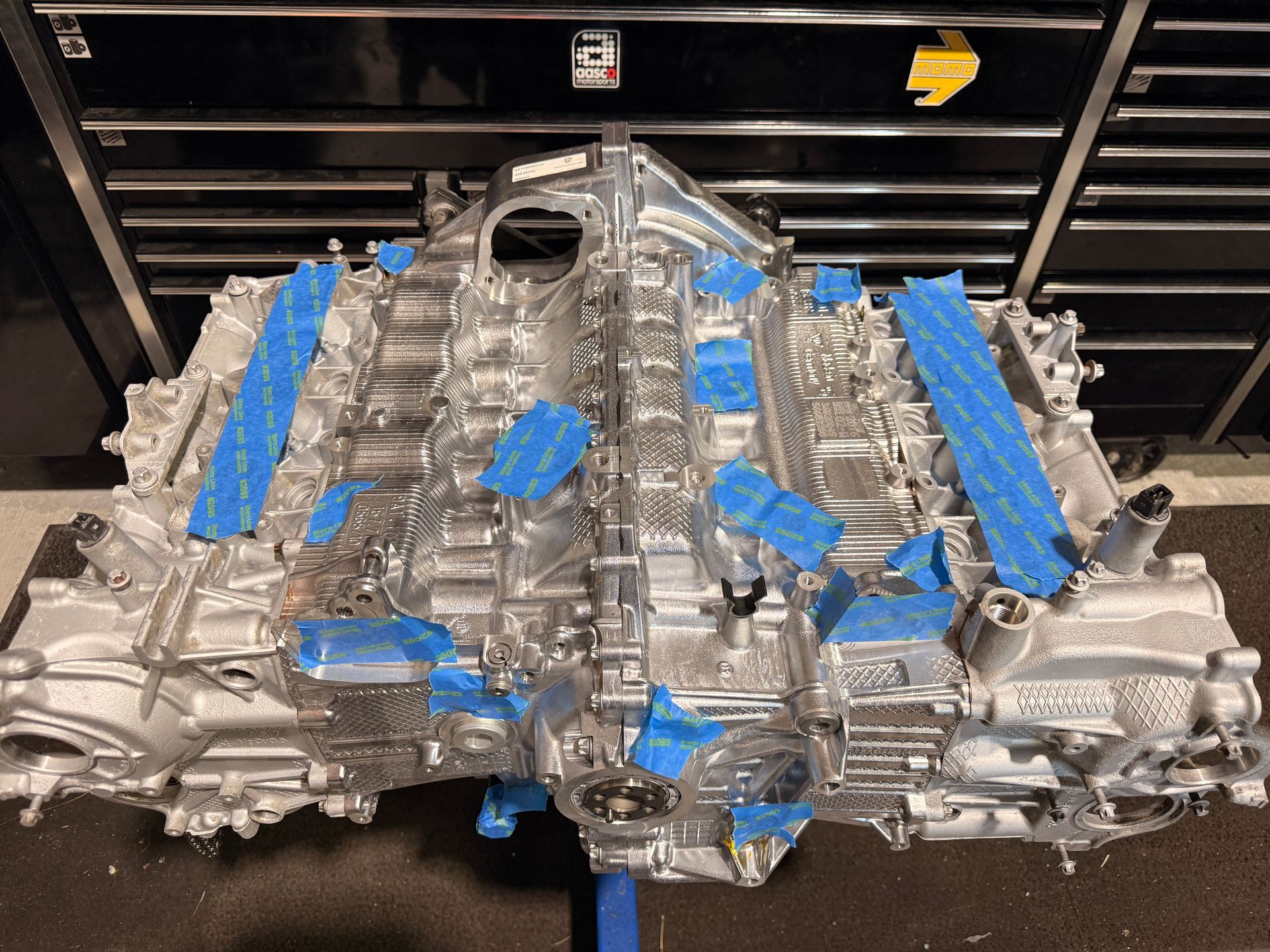Porsche Spark Plug Maintenance
What You Need to Know

When it comes to keeping your Porsche performing at its best, attention to detail is everything. From the sound of the exhaust note to the precision of the throttle response, every component plays a role in delivering that unmistakable Porsche driving experience. One often-overlooked but crucial piece of this puzzle? Spark plugs.
In this post, we'll break down why spark plug maintenance matters for your Porsche, when to replace them, and how to spot the signs that it's time for a refresh.
Why Spark Plugs Matter
Spark plugs may be small, but they have a big job. They ignite the air-fuel mixture in your engine’s combustion chamber, powering every drive. In a high-performance engine like the one in your Porsche—whether it's a 911, Cayman, Macan, or Panamera—precision ignition is key to getting the most out of your car.
Worn or fouled spark plugs can lead to:
- Misfires
- Decreased performance
- Rough idling
- Poor fuel economy
- Engine knocking
- Hard starts
For a vehicle engineered for perfection, even slight issues in ignition can translate to noticeable performance losses.
When Should You Replace Porsche Spark Plugs?
Porsche recommends different intervals for spark plug replacement depending on the model and engine type. Here's a general guide:
- Naturally aspirated engines: Every 30,000 to 40,000 miles
- Turbocharged engines: Every 20,000 to 30,000 miles (due to higher cylinder pressures)
- Hybrid models: Follow specific service intervals from Porsche, which can vary
Always consult your owner’s manual or speak to a certified Porsche technician to get the right interval for your vehicle.
Signs Your Spark Plugs Need Attention
Not sure if it’s time for a change? Here are some telltale signs:
- Engine misfires or rough idle: A common sign that one or more spark plugs aren't firing properly.
- Check engine light: Modern Porsches will often detect misfires and alert you.
- Sluggish acceleration: Hesitation or poor throttle response can stem from spark issues.
- Decreased fuel efficiency: If you're stopping at the pump more than usual, worn plugs might be the culprit.
- Unusual engine noises: Knocking or pinging sounds under load can point to poor combustion timing.
Porsche engines can be tightly packed and technically complex—especially turbocharged or mid/rear-engine models—so professional service is often the best route to ensure everything is done to spec.
Certified Porsche technicians use OEM spark plugs, torque settings, and diagnostics to keep your engine running exactly as it should.
Final Thoughts
Spark plugs might not be the flashiest part of your Porsche, but they're essential for the performance you expect. Stay ahead of maintenance intervals and pay attention to any changes in how your car feels—it’ll reward you with every spirited drive.
Need Service?
If you’re unsure when your Porsche’s spark plugs were last changed, or you're experiencing any of the issues above, it’s time to schedule a service. Don’t let a small part sideline your driving experience.

